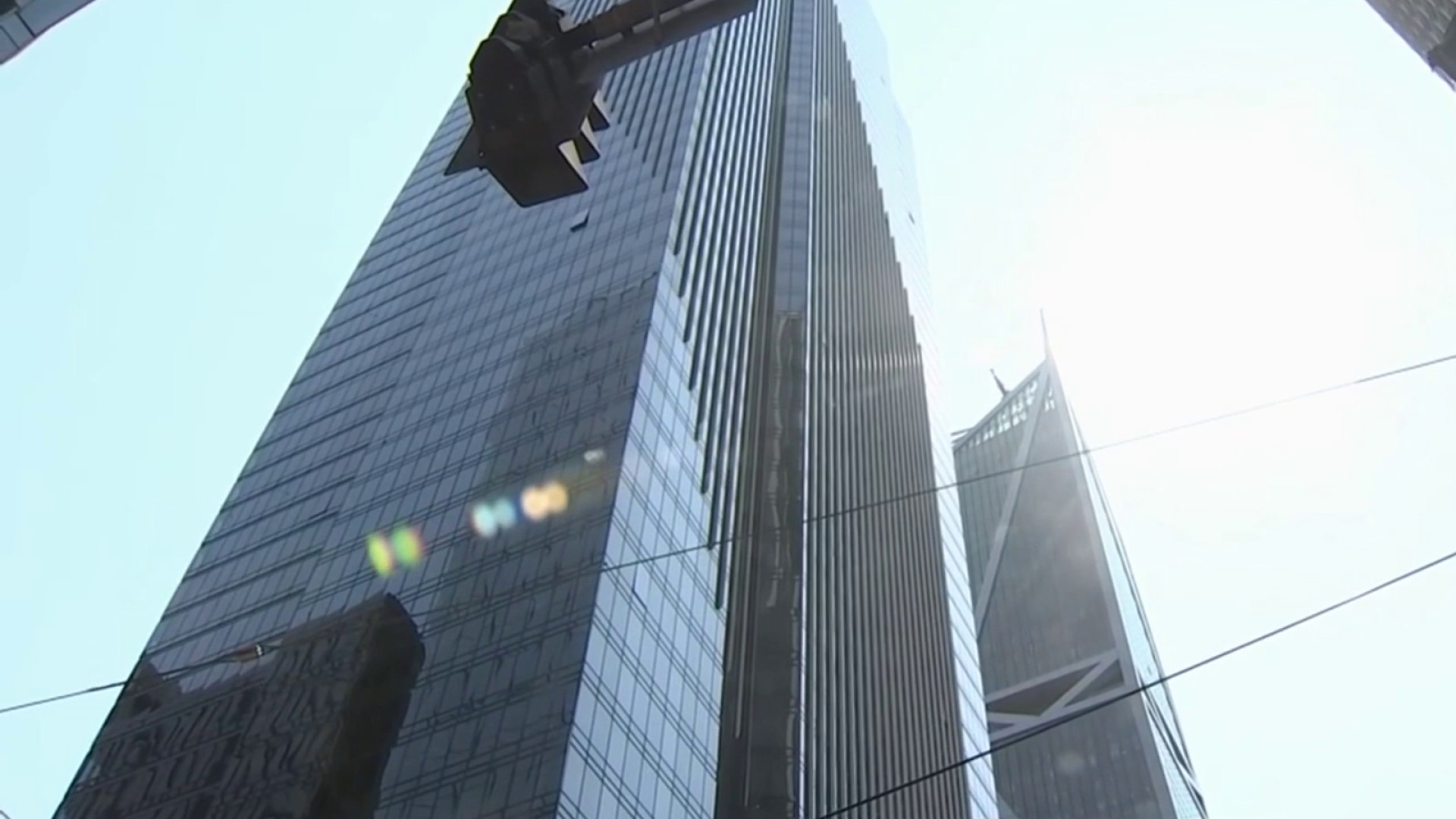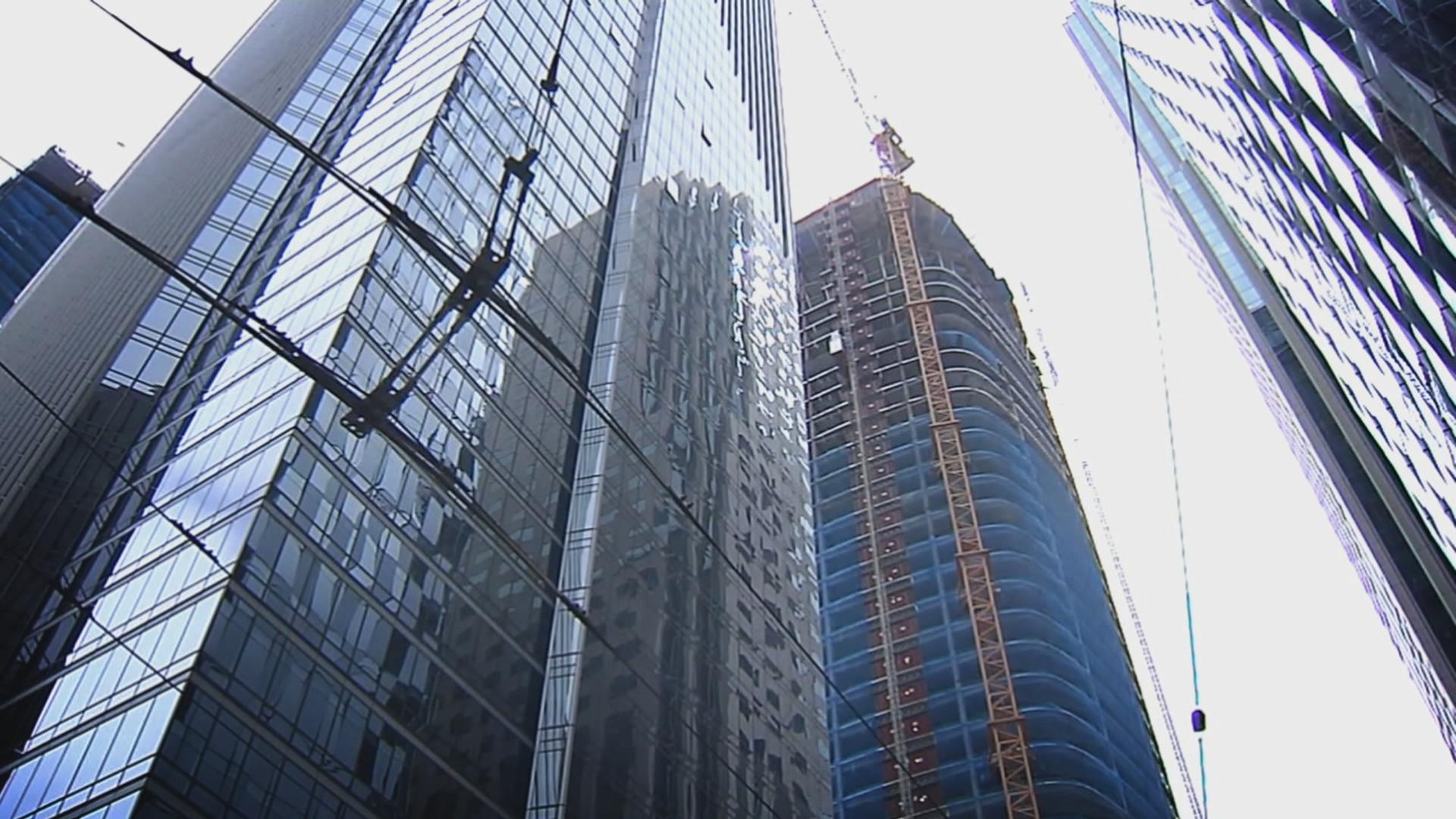Millennium Tower fix engineers want homeowners to sign off on a plan to install a new test pile 200 feet down to bedrock to learn what triggered sudden settlement during their earlier work to bolster the already tilting high-rise.
The plan comes after engineers ruled out one previously suggested cause – the possibility that large amounts of soil had been heaving up and getting sucked out at the bottom of three foot wide tubes used to allow for pile installation.
In a letter to the Millennium Tower Homeowners Association, fix engineer Ron Hamburger said recent tests discounted that theory. He says engineers are focused on two other scenarios.
One is that vibration during the drilling of 33 holes to install piles caused the soil to settle beneath the building’s foundation. The other is that the holes drilled during the pile installation process were too big – depleting tons of surrounding soil that had previously supported the foundation.
Get a weekly recap of the latest San Francisco Bay Area housing news. Sign up for NBC Bay Area’s Housing Deconstructed newsletter.
Hamburger says the test pile project is needed “to understand whether additional piles can be installed without causing unacceptable settlement and tilting.”
But two experts tell us the test pile program will likely prove what they already suspect – that too much soil was lost during drilling of oversized holes, with the lost ground undermining the already fragile foundation. Still, they say, the test effort may have some value.
“If they can demonstrate they can proceed without causing the reactivation of the accelerated settlement rates, I guess that’s the only goal out of doing these tests,” said David Williams, an expert in deep foundations.
But Williams said even if the test results justify installation of many more piles, engineers should be “prepared to shut down immediately’’ given the risks involved.
“I’m skeptical about the value of the tests,” said geotechnical engineer Robert Pyke, who had previously questioned the viability of the fix when he reviewed the plan in 2019.
Pyke said in his experience, the surprise sinking during construction was clearly preventable had crews simply drilled the proper sized holes during installation.
“This is Drilling 101,” Pyke said. “They should have known this from the beginning -- the bigger lesson from this is the design team, to varying degrees, is not competent to this kind of work.’’
Pyke said he hopes the tests will allow engineers to improve the fix without further problems. Hamburger told residents that construction on the test pile, once fully authorized, is slated to begin as soon as next week.



